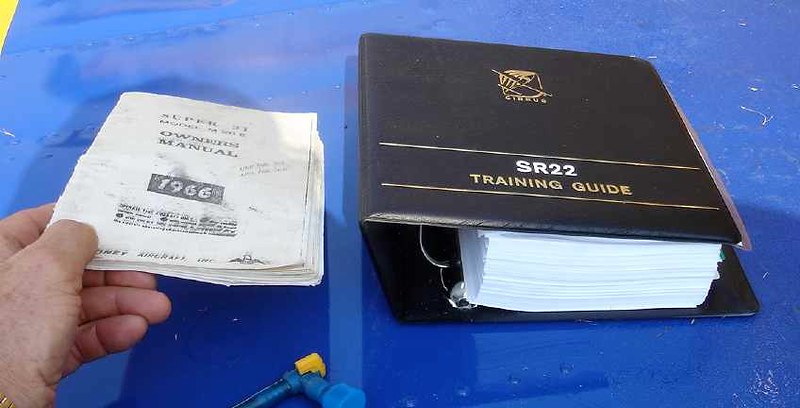Regardless, few seem to understand that we are human. We don't toss out our ability to think because some "rule" says that "unless A happens, don't do B".
And, IIRC, there's a "rule" in the FAR that says (effectively) that any of the rules can be suspended if there's an emergency. So, does someone actually have to SPEAK the magic words or not? I don't remember any FAR that says so.
"Custom and practice" are poor substitues for doing your job to the fullest extent you can. They are, as I said before, excuses. Granted, they are reliable excuses that society supports because it's easier on the lamebrains. But, they are still excuses.
And, nowhere did I even hint that ATC should have somehow flown the plane for the pilot. What I said, baldly and plainly, was that ATC needed to act so that the pilot could fly the plane and assess his indicated problem without worrying about outside issues.
And, there are a couple of factual things that happened that are being ignored. The pilot said he needed to descend. Not "wanted to;" NEEDED to. He also said there was an indication of a problem. So, add those together and what do you get? What solution, if any, would you propose? What did ATC do?
It's not second guessing. When there's a situation that develops in an aircraft and it gets ignored by ATC, then a procedure needs to be developed to avoid that kind of situation in the future.
Or, you can just blame the pilot.

 I'll bet every pilot on this board has flown planes without reading the POH and manuals cover to cover.
I'll bet every pilot on this board has flown planes without reading the POH and manuals cover to cover. 

